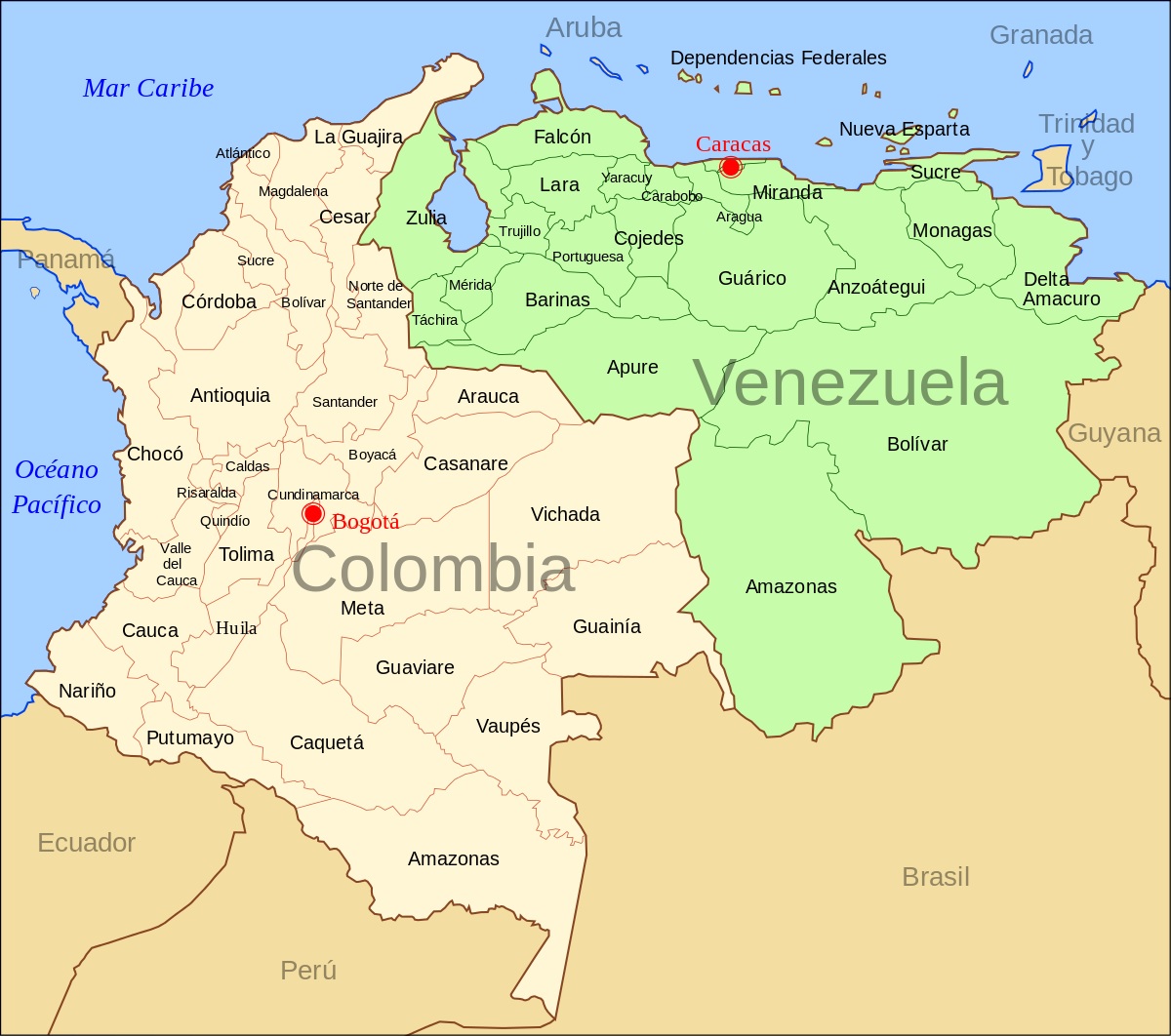RIO DE JANEIRO, BRAZIL – Whoever is the winner of next Sunday’s presidential elections in Colombia, relations with Venezuela, broken three years ago, will also feel the change due to the intention of both candidates to take them out of limbo, starting with the reopening of the border.
The two countries share a 2,219-kilometer border closed to the passage of vehicles since August 2015 by order of Venezuelan President Nicolás Maduro, who then broke diplomatic relations with Colombia on February 23, 2019, amid escalating tensions over the recognition by his Colombian counterpart, Iván Duque, of the opposition leader, Juan Guaidó, as interim president.
However, both the center-left Gustavo Petro and the independent populist Rodolfo Hernandez, who will dispute in the second round for the Colombian presidency, have stated that, in case of winning, they will reopen the border.

“I have to tell them that Cúcuta cannot be a city, it cannot prosper, it cannot overcome the problems without opening the borders”, said Petro a month ago in a visit to that city, while Hernández assured: “Winning the presidency of the Republic the first decree is to open that (the border)”.
In an interview with Efe, Hernandez also promised that “the same day” of his inauguration, he would activate the protocol for reestablishing consular relations.
RAPPROCHEMENT IN SIGHT
But beyond those speeches, a decision by Colombia in that sense will undoubtedly require a rapprochement with the Maduro government, which Duque does not recognize.
“Naturally, that also depends on the Venezuelan government; we have to see if it shows the willingness to do so. I think it will, but in any case, we have to see that part,” former Colombian Foreign Minister Julio Londoño Paredes, dean of the Faculty of Political Science, Government and International Relations at the Universidad del Rosario, told Efe.
Londoño explains that “apart from the commercial and economic aspect”, Colombia has “two million and some Venezuelans here, an indefinite number of Colombians in Venezuelan territory and a conflictive and difficult border,” so it is necessary to have at least a communication channel that currently does not exist.
The reopening of the border is a clamor of social and economic sectors of both countries that for seven years have been suffering the hardships caused by the closing of the border crossings, especially the one that communicates Cúcuta, in the Colombian department of Norte de Santander, with the Venezuelan state of Táchira, the most dynamic of all due to its intense commercial activity.
“I think we are coming to our senses; both presidential candidates have mentioned the opening of the border,” said the executive president of the Colombian-Venezuelan Chamber, Germán Umaña, at a forum held Monday in Cúcuta in which businessmen and academics from the two countries analyzed that possibility.
THE SECURITY FACTOR
According to the experts, the two countries must also improve security in the area where the guerrillas of the National Liberation Army (ELN), FARC dissidents, and criminal gangs such as the Colombian Los Rastrojos or the Venezuelan Tren de Aragua move freely.
“There is a very strong advance of transnational gangs and groups outside the law,” explained Francisco Javier Sanchez, a researcher at the Center for Border and Integration Studies at the Universidad de los Andes (Venezuela), who explained that to successfully combat them “coordination, cooperation, and communication between the authorities” of the two countries is needed.
Duque’s government has refused any rapprochement with Venezuela, arguing that the rupture of relations was a unilateral decision by Maduro and that it is not possible to negotiate with a “dictatorship”.
Maduro, for his part, said he hopes that with the next president, there can be “peace and cooperation”.
For now, the estrangement is such that in these elections, Colombians residing in Venezuela have had to move to the voting posts installed on this side of the border to be able to vote since all consulates have been closed for three years.
FROM GUAIDÓ TO MADURO
The reopening of the border, if it happens, does not mean normalization of relations as that would be a decision that requires a 180-degree turn in the current foreign policy, in which Duque led, unsuccessfully, the “diplomatic encirclement” to Maduro.
“Establishing relations, even consular, necessarily implies a recognition to Maduro’s government as a legitimate government, and we (Colombia) would have to leave aside the case of Guaidó, which has been progressively weakened. That change may bring some resistance in Colombia and some concern in the United States,” explains the former foreign minister.
Londoño adds that an express reestablishment of relations is not so simple because it is necessary to reactivate “all the organizations, all the elements, all the agreements that were in force between the two countries in the commercial, economic, political, etcetera, and that have been finished” after the abandonment of the last years.
“I believe that what should be done is to establish a commission, a contact group, and make a memorandum of understanding (…) indicate some guidelines and steps that should be taken to reestablish relations,” recommends Londoño.
With information from EFE

